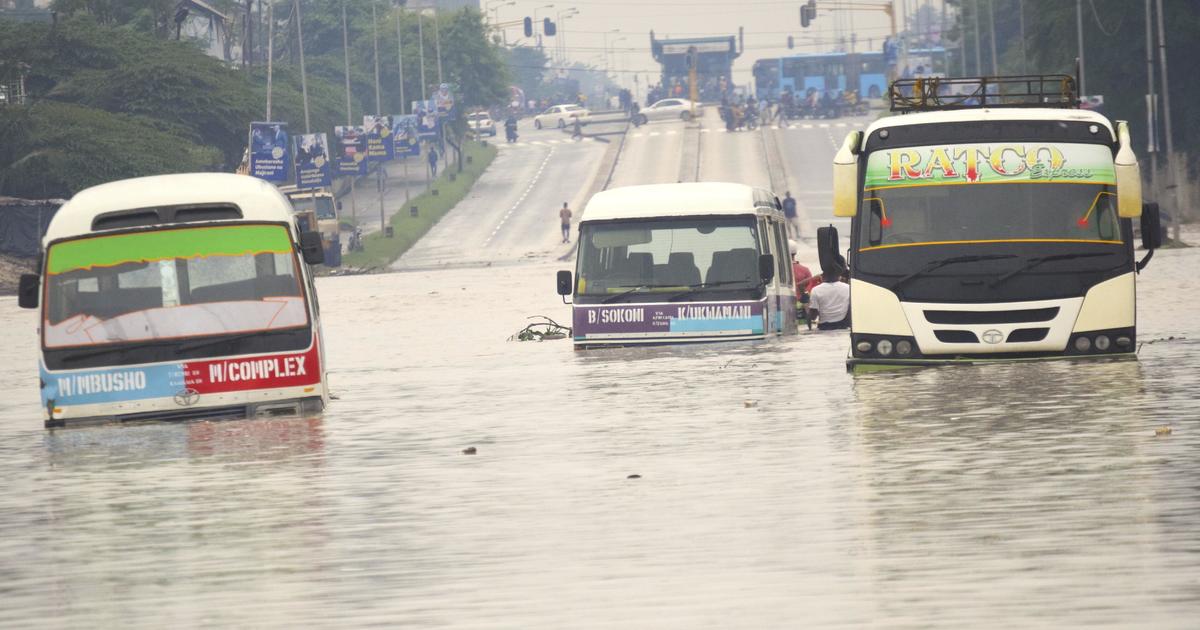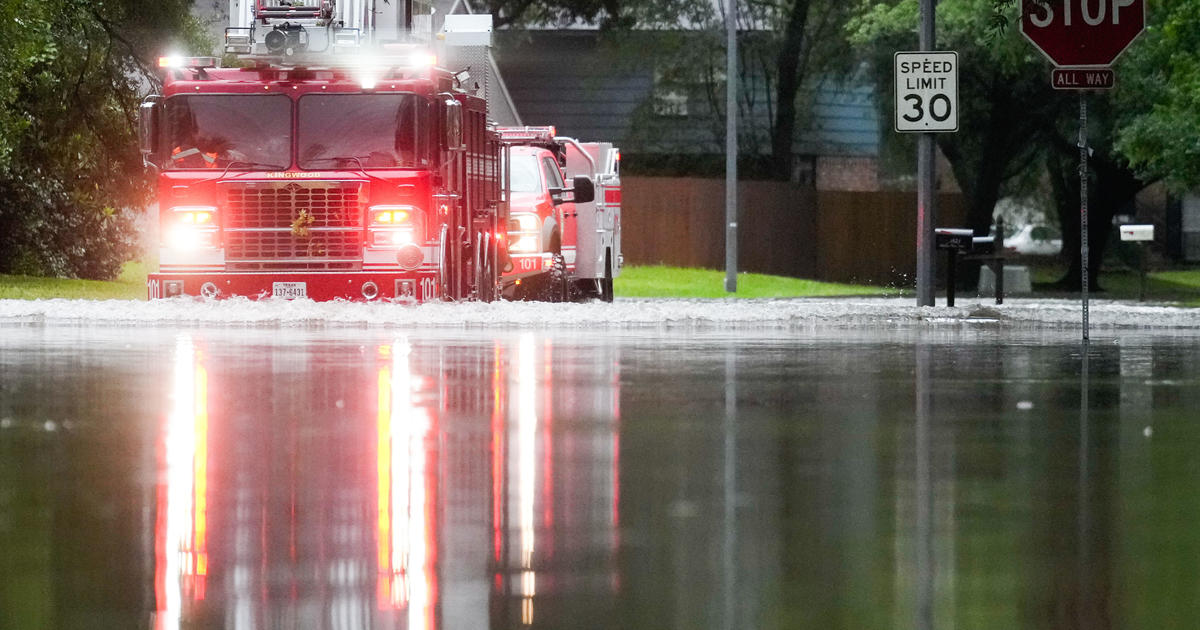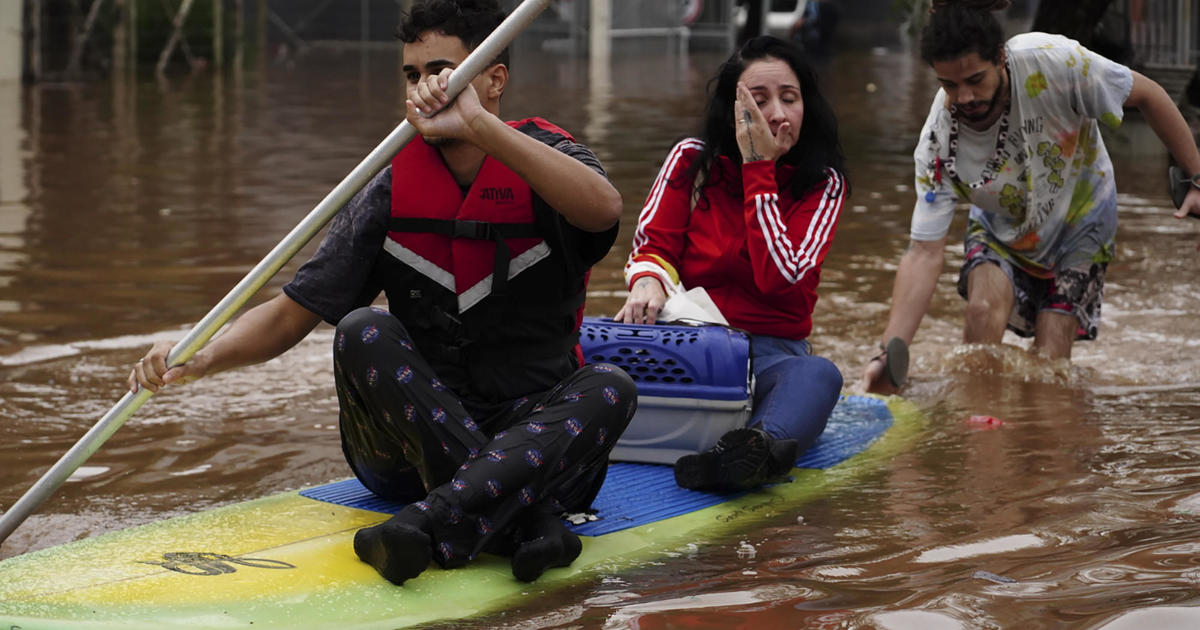Spring blizzard knocks out power to tens of thousands
Heavy snow and strong winds hammered parts of the central U.S. on Thursday and began moving into the Great Lakes region, knocking out power to tens of thousands of people and creating hazardous travel conditions a day after pummeling Colorado.
Nearly 77,000 homes and business were without power across Minnesota, South Dakota, Iowa and Michigan, according to PowerOutage.us. The main culprit was snow and ice accumulating on power lines, along with strong winds, said Matt Lindstrom, spokesman for Minneapolis-based Xcel Energy.
The spring blizzard left behind hundreds of canceled flights at Denver International Airport, along with wintertime temperatures and snarled traffic before blanketing parts of the Upper Midwest with up to 2 feet of snow.
Hundreds of schools canceled classes in Minnesota, Nebraska and South Dakota, where the governor closed state offices in much of the state for a second day Thursday because of dangerous road conditions.
CBS Minnesota reported there were over 800 crashes and spinouts on state roads as of Thursday. Conditions were the worst in southwestern Minnesota.
"It's a mess out here. And that is an understatement," Minnesota State Patrol Lt. Gordon Shank said.
Winter storm warnings were posted Thursday for northern Wisconsin and Michigan as heavy snow, strong winds, sleet and freezing rain moved into the region. The National Weather Service reported that daily snowfall records had already fallen in La Crosse, Wausau and Green Bay.
Records also were expected to fall in the Upper Midwest, Weather service meteorologist Steven Fleegel said. As much as 25 inches of snow had been reported in northeastern South Dakota, with snowfall forecast to continue into Friday in that state, Minnesota and southeastern North Dakota.
"We're calling it historic because of the widespread heavy snow," Mike Connelly, a National Weather Service meteorologist in Aberdeen, South Dakota, said.
An unusual but not rare weather phenomenon known as "thunder snow" -- snow accompanied by thunder and lightning -- was also reported Wednesday and Thursday in the central part of the state.
The system created hazardous wildfire conditions in parts of Texas, Oklahoma and New Mexico.
The threat of severe weather will shift this weekend to southern states including Texas, Louisiana and Arkansas, including the cities of Houston, Dallas and New Orleans, according to the weather service's Storm Prediction Center. Threats will include damaging winds, large hail and tornadoes.
In addition to the immediate impacts, the storm threatened to swell rivers in the Midwest that flooded after March's drenching, which caused billions of dollars in flood damage in Nebraska, Missouri, Iowa and South Dakota. Forecasters aren't expecting similar flooding this time around thanks to the absence of a wet snowpack on frozen ground.



